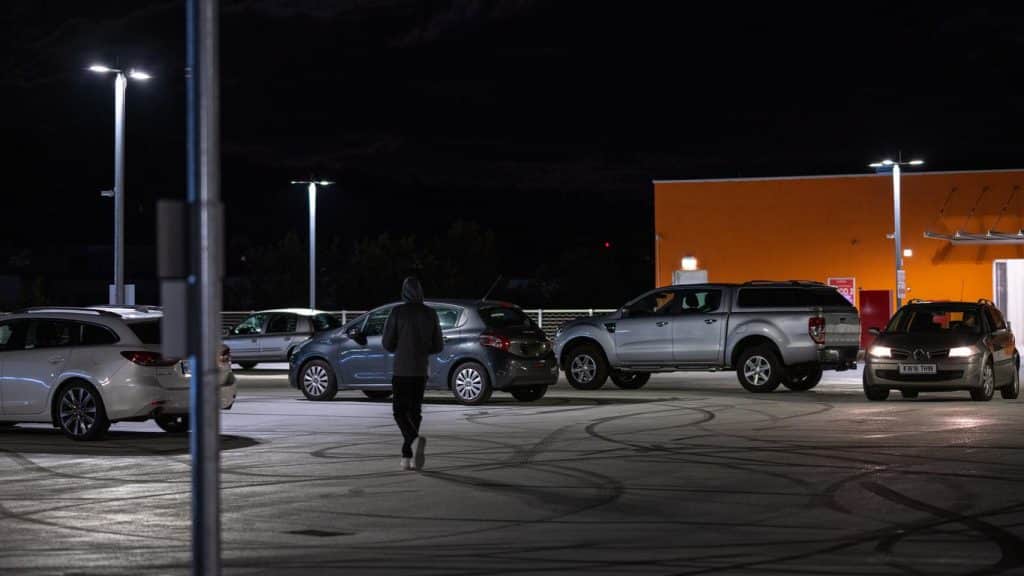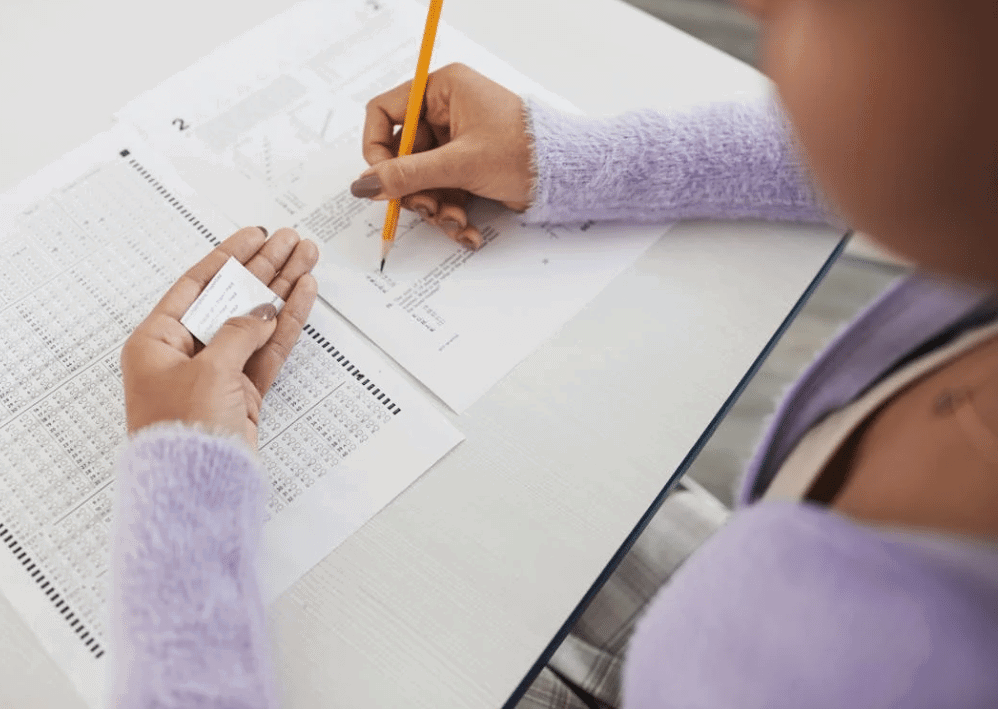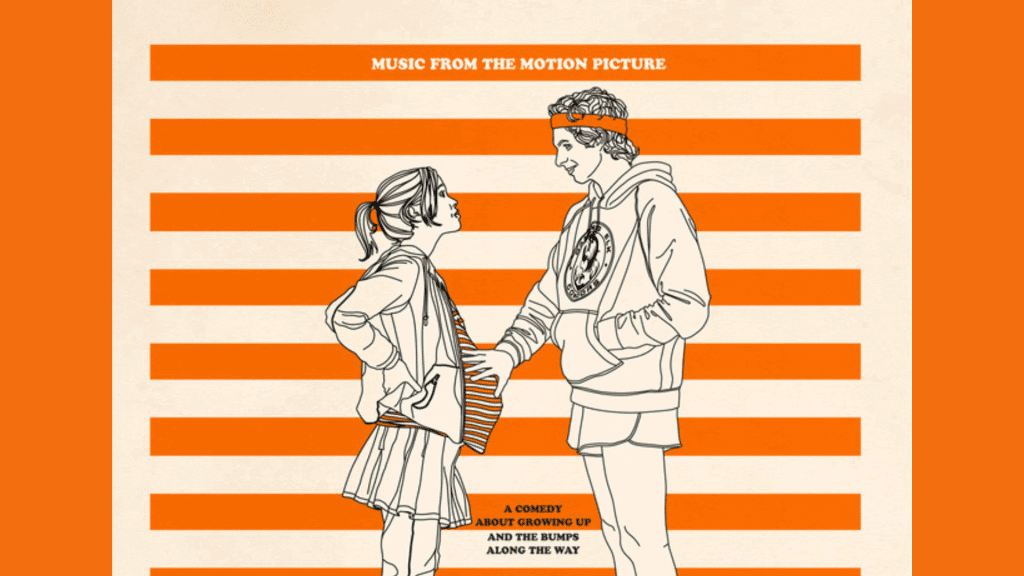Parking lot accidents at concert venues in Kentucky can create a web of confusion and stress, especially when determining liability and addressing personal injury concerns. Concert-goers often find themselves uncertain about how to deal with such incidents as they try to enjoy their favorite events. Addressing parking lot accidents with a clear strategy can protect your rights and ensure a smoother resolution process.
In Kentucky, liability in parking lot accidents is not always straightforward and may involve multiple parties. Identifying the liable party can be challenging, as it often depends on the particular circumstances of each incident. Attendees should be aware of their legal options, which can help mitigate the impact of such situations. Find important steps to take after an accident to ensure you address liability and compensation concerns.
Handling these incidents requires more than just an immediate response; it involves a thoughtful approach to securing evidence and protecting one’s interests. Concert attendees are encouraged to familiarize themselves with the potential risks and necessary steps to take if they find themselves involved in a parking lot mishap. bolstering awareness and preparation can ensure that their legal and personal interests are safeguarded.
Understanding Parking Lot Accidents and Liability
Parking lot accidents, particularly at concert venues, involve assessing responsibility and exploring the obligations of property owners. Quick actions and documentation are essential for insurance proceedings.
Determining Fault in Parking Lot Accidents
Unraveling who is responsible for these accidents involves several considerations. Often, the principle of carelessness plays a key part, focusing on whether a driver failed to exercise necessary caution. Common incidents include fender benders, rear-end collisions, or drivers not respecting right-of-way rules.
Insurance reports and eyewitness testimonies can also help clarify these incidents. Surveillance footage, if available, offers crucial visual evidence that may corroborate a victim’s account of the events. Swiftly collecting contact information of witnesses can be instrumental in establishing the sequence of events that led to the incident.
Premises Liability: Understanding Property Owner’s Responsibilities
Concert venues must ensure their parking facilities are secure to prevent accidents. Owners are expected to maintain appropriate lighting, signage, and security provisions. These measures primarily aim to reduce risks and ensure a safe environment for attendees.
When accidents occur due to poorly maintained premises, such as unclear signage or inadequate lighting, the property owner might bear some liability. Premises liability hinges on the owner’s obligation to keep the area reasonably secure. If they fail to address hazards, they could be held liable in the event of an accident or injury.
Documenting the Incident: Key Steps to Take
After an accident, acquiring detailed documentation is crucial. Begin by taking photographs of the scene, capturing damages to vehicles, and any relevant road markings. This visual record can support insurance and legal actions. Gathering names and contacts of other involved parties is vital for further communication.
Filing a police report serves as a formal account of the incident. It’s essential to give an accurate description for future reference. Additionally, securing insurance information from those involved will facilitate claims processing. Consulting with a personal injury attorney can help in understanding legal rights and potential claims.
Legal Options and Claiming Compensation
Understanding your legal options after a parking lot accident at a concert venue in Kentucky is vital. Whether seeking legal representation, filing a lawsuit, or understanding the range of recoverable damages, each step plays a crucial role in the claims process.
Seeking Legal Counsel and Representation
Engaging a personal injury lawyer can significantly impact the outcome of your case. Experienced professionals in this field possess a depth of knowledge that can be instrumental in negotiating settlements or pursuing litigation.
Victims often face difficulties, such as proving liability or accurately assessing damages. An attorney can assist in gathering crucial evidence, communicating with insurance companies, and representing your interests in court if necessary. This representation aims to secure fair compensation for all aspects of the injury, ensuring justice is served.
Filing a Lawsuit and Understanding the Claims Process
The legal process involves several vital steps. Initially, a claim must be filed with relevant parties, typically involving an assessment of liability and damages. Initiating a lawsuit may be necessary if disputes cannot be resolved through negotiation.
An attorney will assist you in filing legal documents and representing your case to the court. Throughout the process, transparency and communication with your legal representative are essential to building and maintaining a strong case.
Recovering Damages: Medical Expenses and Beyond
A successful claim can cover a variety of damages. Medical expenses often form a significant portion of compensation, encompassing everything from initial treatment costs to ongoing medical care.
Additionally, claims may address pain and suffering, which includes both physical pain and emotional distress experienced due to the accident. Lost wages are another critical component, compensating victims for income lost during recovery or from permanent disability.
Claims should also account for any property damage incurred during the accident, ensuring full recovery from financial losses. Engaging skilled legal representation helps ensure all potential claims are thoroughly explored and pursued.




















